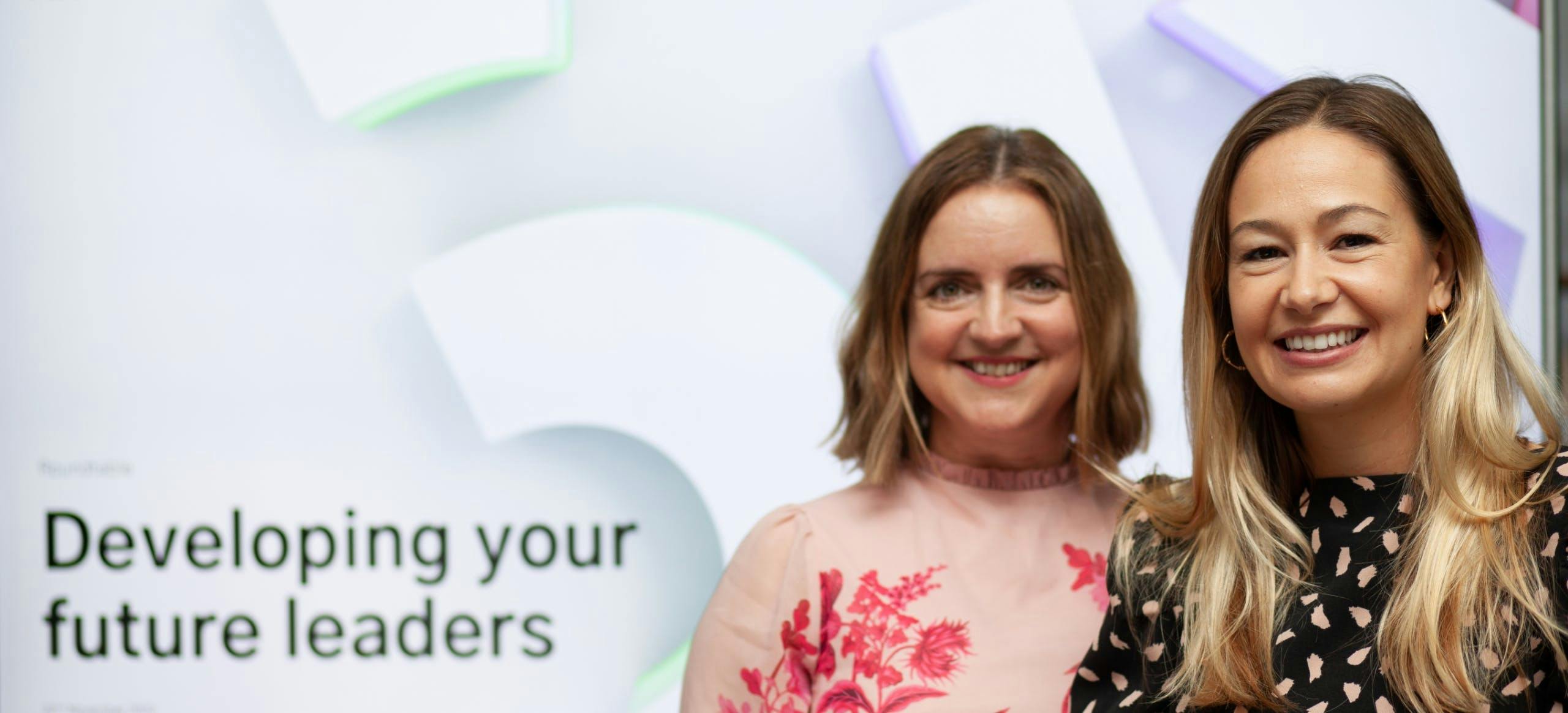All good questions we asked at a recent roundtable event co-hosted by our partners over at TML.
Presented by Ruth Clarke, Partner & Culture Consultant and Jenny Browne, Strategy Director, the CMO breakfast roundtable focussed on looking at the latest research and macro trends impacting business strategy, leadership and customers.
We took the opportunity to expand on the Leadership Toolkit series that was developed to help all kinds of leaders in B2B and B2C organisations develop their style and nurture future talent.
Some common themes emerged in relation to the issues we’re seeing right now, specifically the transformation most businesses are facing and how that’s affecting our ability to remain human.
As we go into 2023 there are many aspects affecting behaviour and ultimately the performance of our businesses. The pressure to fulfil demanding targets across the globe as well as the post pandemic working patterns and attitudes means we must keep striving to be better, and continuously use human insight to predict our next move.
Trust issues
Continual change is taking its toll on anxiety levels, trust and our sense of purpose in our day to day roles. Trust is in big decline.
Another interesting angle to consider is generational attitudes. More people under the age of 25 are turning to Tik Tok to watch real people with honest reviews. Gen Z don't want to be sold to, they want to make decisions on their terms.
As a result of the very volatile and changeable world we live in, employees and particularly Gen Zs are looking to their workplaces to provide a community, a culture where they feel they belong and one that provides a sense of purpose. And on top of that they expect flexibility and a good work life balance. In short, trust is one of the most essential forms a capital a leader has.
Human Skills
We discussed what it means to have human skills. Laura Williams, Director of People Partnering & Talent, The Crown Estate made an important point, “The keyword here is skills. Skills can be taught”. We shouldn’t underestimate this ability, and why it’s important to be honest and vulnerable around skills gaps.
The table agreed that empathy, kindness, intuition, and the ability to slow down, are all crucial to how we nurture and develop our leaders of the future. We’re now in a ‘Connection age’ - businesses used to be organised around work, now they’re organised around people. Being human is key to building trust, making people feel valued and building lasting connections.
Power of purpose
Help your people find their purpose – or watch them leave
Connecting work to a deeper sense of meaning helps people to stay engaged, have more energy, and perform better – why? Neuroscience helps explain this. When we feel we belong and essentially feel psychologically safe, our body releases less cortisol which means we feel happier, and it ups our in-built resilience. This means we’re better equipped to deal with uncertainty and more likely to cultivate innovate and collaborate.
To be an effective human-led brand, brands need to demonstrate they care about the very real issues and challenges our audiences (both customers and employees) are facing today - and communicate this in an authentic, relationship-led way. This can be communicated in many ways – but probably most effectively and succinctly through a brand purpose. A brand purpose should sit at the centre of your business and drive all aspects from decision making to operations.
The table discussed how purpose can help attract more customers but especially those that are highly engaged. It can create better brand affinity and ultimately impact the bottom line. There are clearly still challenges with how boards can measure the success of a purpose, and how leaders need to truly embody them in order to be as authentic as possible.
What does the Boardroom of 2030 look like?
To wrap up the discussion, we ran a BCorp exercise called ‘Boardroom 2030’. It provided the opportunity to explore what a 2030 future could look like for our businesses and how we therefore need to adapt today to meet future demands.
Our attendees shared their thoughts from previous experiences of implementing reverse mentoring and junior shadow boards. Feedback on these initiatives was mixed, but there was a shared view of the importance of seeking opinions from outside of the boardroom (and improving general representation).
With regards to mentoring, the consensus was that informal catchups rather than formally structured programmes resulted in better insights as employees felt more relaxed and inclined to share their views.
On the agenda in 2030 our attendees want to see skills discussed more, especially how to up-skill and fill gaps in knowledge that are specific to individuals and roles, but of course the business too.
All in all there was lots of lively discussion and much debated; we could have kept going until lunch!
Thank you to all who came and shared their perspective. If you’re interested in future events online and in person, then please drop us a line at hello@six.agency to register your interest.
For more resources to help you develop your leadership style and align your brand culture: download the Leadership Toolkit series.
Cookies
By clicking "Allow Cookies", you agree to the storing of cookies on your device to enhance site navigation, analyse site usage, and assist in our marketing efforts. By using this site you are agreeing to ourCookie Policy.



